Education and CPE Equivalency Requests
Education and CPE Equivalencies may be granted to Applicants, provided that the proper criteria are met for the equivalency. Equivalencies may be granted as follows:
Graduate Education Equivalency
For BCC and BCC-VA - Graduate Theological Degree equivalency may be granted provided the Applicant demonstrates and documents that the submitted graduate-level degree and supplemental experience and education satisfactorily address the requirements of Qualification 301.QUA3. See the Graduate Degree Equivalency Form for BCC/BCC-VA Applicants for more details.
For CAC - Graduate Credit Equivalency may be granted provided the Applicant has formation experiences that count toward evidencing the eighteen (18) graduate credit hours required for CAC. See the Graduate Credit Equivalency Form for CAC Applicants for more details.
Click on the button below to submit the completed application form and required documentation.
CPE Equivalency
For BCC and BCC-VA - An Applicant may be granted an Equivalency for one (1) unit of CPE (Qualification 301.QUA4). See the CPE Equivalency Form for BCC Applicants for more details. CPE equivalency is not available to CAC Applicants.
Click on the button below to submit the completed application form and required documentation.
